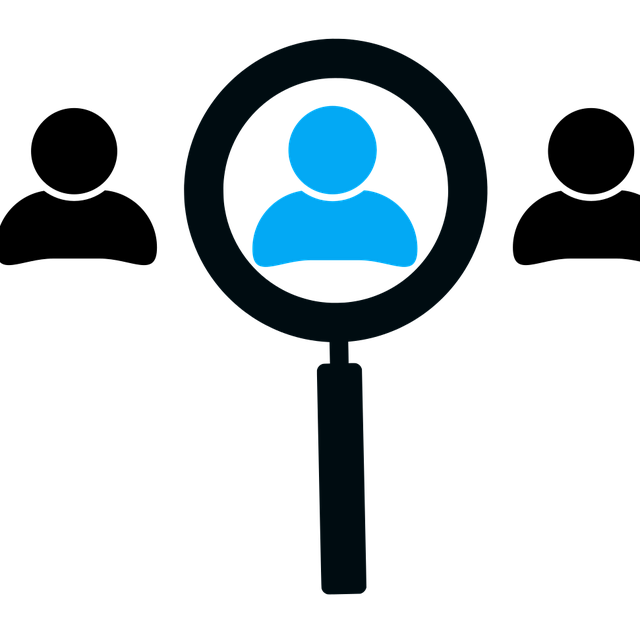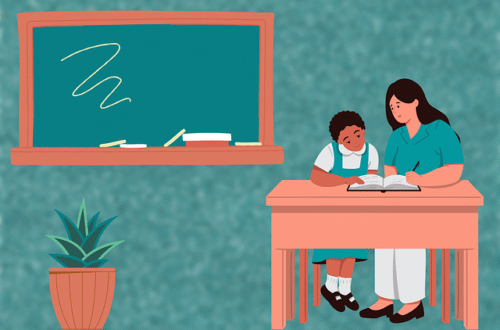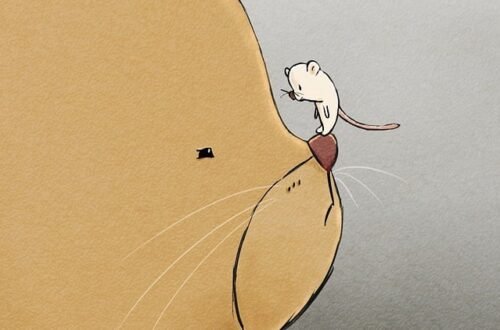
Letter #7 — Learning to Read People
Dear children,
I wanted to write this letter because of something that happened to me recently. One night, I received a WhatsApp call from a stranger. He told me that a code was being sent to my phone, and that I needed to give it to him straight away. He spoke quickly, almost rushing me into it. And for a moment, I was actually about to do what he asked.
But then my brain switched on. I thought to myself: Who is this person? Why would his code be sent to my phone? The moment I questioned him, he hung up. A few days later, I read on a group that this was a scam — people pretending they know someone that you know, tricking you into handing over a code. That simple code would then allow them to hack your phone and take your sensitive information.
So kids, you need to learn this crucial skill: how to suss out a scam.
Not just online, or over the phone, but also in person (through conversation) and even in how people carry themselves.
We as parents have learned this skill with time. We often make an initial judgement about people — not because we want to put them down, but because it’s a way of protecting ourselves. If we’re being sold something and the situation doesn’t feel right, or the person’s story doesn’t add up, or maybe they seem pushy in the wrong way, we trust that instinct by walking away and it can save us. Especially with AI constantly improving – scams are becoming much more realistic.
This skill is called being able to read people as well as a situation – and it’s one of the most important life skills you will ever learn.
What Psychologists Say
Psychologists say that most communication happens without words (non verbal). Our body language, our tone and our tiny facial expressions — called microexpressions — often tell the truth before our words do. A fake smile or a nervous fidget or even a tone that doesn’t match the message — all of these are signals your brain picks up on – that’s IF you’re paying attention.
Think about it this way. Honest people usually line up their words with their tone (in how they speak), and their actions. Dishonest people often struggle to keep those three things consistent. Over time, the cracks begin to show.
This is why you must practise paying attention. Watch how someone behaves, not just what they say. Notice whether they treat everyone with respect, or only the people they think matter. See if their story makes sense when you ask a few questions. Don’t just take someone at face value — look at the bigger picture.
And remember, it’s not only about spotting the bad situations. Reading people also helps you see the good in people. When you do this, you will begin to notice the quiet friend who always listens when others talk. Or notice the teacher who pushes you hard, not because they dislike you, but because they want you to succeed. You will also spot the mentor who gives advice without expecting anything in return. These are the people that you can consider as associates.
As for the rest? Don’t ignore your gut. If something feels off, take a step back. Don’t rush into giving your trust, your time, or your money. Those small warning signs are often your brain protecting you before your mind has even worked it out.
Children, learning to read people is not about becoming suspicious of everyone.
It’s about becoming wise. Every time you meet someone new, you’re being given a chance to sharpen this skill. And the more you practise, the better you’ll become. It will protect you from harm, guide you toward the right friendships, and one day, it may even help you in business and in life.
If you’d like to explore more lessons like this one, you can 👉 [read our other Letters here].
And if you’re curious about the science behind body language and microexpressions, here’s a great introduction from 👉 Psychology Today on Reading People.
So pay attention. Ask questions. Reflect on what you see. Reading people is a lifelong skill — and the sooner you start, the stronger you’ll become.
So now that you know what to do — go apply it.
You’ll learn faster, grow stronger, and feel prouder every time you practise.
And if you’d like help getting started — we’ve made something special for you.✨
Reading People Worksheets — activities to help you practise spotting the difference between honesty and dishonesty, noticing words versus actions, and sharpening your observation skills.
👉 [Click here to download your People Reading Pack]
Love you lots,
Mum and Dad




